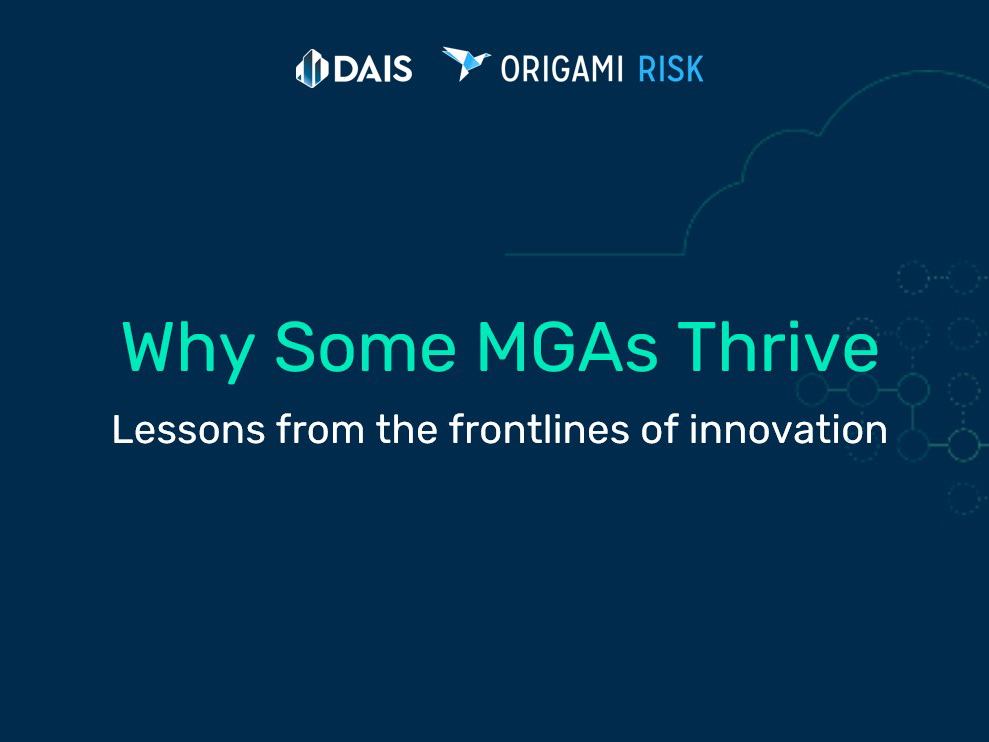Column: Roger's Soapbox
Could Have Been Worse
Only claims made affect premium rates, right? Wrong.
British insurers use a central database, the Claims and Underwriting Exchange, to share data.
The Exchange records any inquiry about a loss as a loss. The moment you ask if you’re insured, the conversation becomes a “notification” and goes on your record as a loss report, even if you make no related claim.
Say you have pet insurance and accidentally set fire to your cat. You call to ask if the event is covered on your policy, but it is not, so you don’t claim and the insurer suffers no loss. As a result of the call, however, your premium rises, like the smoke pouring off your cat.
The Lloyd’s/RMS report said insurers should maintain an “alternative-claims book,” tracking hypothetical losses from near-misses and “could-have-been-worses,” multiplied by their probability. They might want to keep a “poor use of English” book, too.
Companies won’t discuss this matter publicly. That’s just how it is, so don’t call your insurance company if you suffer a loss and don’t know if it might be covered. Ask a friend or a palm reader — anyone other than your insurer.
In its defense, the practice of logging uninsured losses as losses is, at least, based on real events. But Lloyd’s and modelling firm RMS now suggest that insurers not limit themselves to basing premiums on actual losses, covered or otherwise. They should also price in fictional losses.
The Economist, which broke the story, reported on a near-miss between two planes taxiing at San Francisco airport. Had one pilot not pulled up sharply, the planes might have crashed into each other. As it was, he did and they didn’t.
Underwriters, until now, based premiums on events that happened. Claims in the airplane insurance market have lately been low, and premiums are therefore falling. Can’t have that, said the report, advising underwriters to factor into their pricing “what if” scenarios. Insurance companies that fail to track and record such non-events are missing an opportunity, Lloyd’s and RMS stated.
For emerging risks, a lack of precedent makes pricing tricky. Many insurers would not write terrorism risk in the months following 9/11, for example, because of a shortage of historical terrorism data.
Sane underwriters took a similar line on cyber risk for a while, until just about every company in the world was hit, providing a basis on which to price the risk of it happening again, which is about 100 percent.
The Lloyd’s/RMS report said insurers should maintain an “alternative-claims book,” tracking hypothetical losses from near-misses and “could-have-been-worses,” multiplied by their probability. They might want to keep a “poor use of English” book, too.
Suppose Hurricane Irma had hit Miami. The chance of that happening at one point was about 20 percent. The hit would have increased estimated maximum losses by $100 billion (The Economist said).
In the alternative register, this would be recorded as an additional potential loss of $20 billion. Besides deepening the data pool on which underwriters base risk assessments, Lloyd’s and RMS argue, such calculations could help regulators submit catastrophe models to stress tests.
How sensible is all this? Not very.
Telling insureds who have never claimed on a policy that their premiums have tripled because of losses they did not suffer seems unlikely to help anyone, especially the industry, in the long run. (Slaps forehead, stops writing.) &








